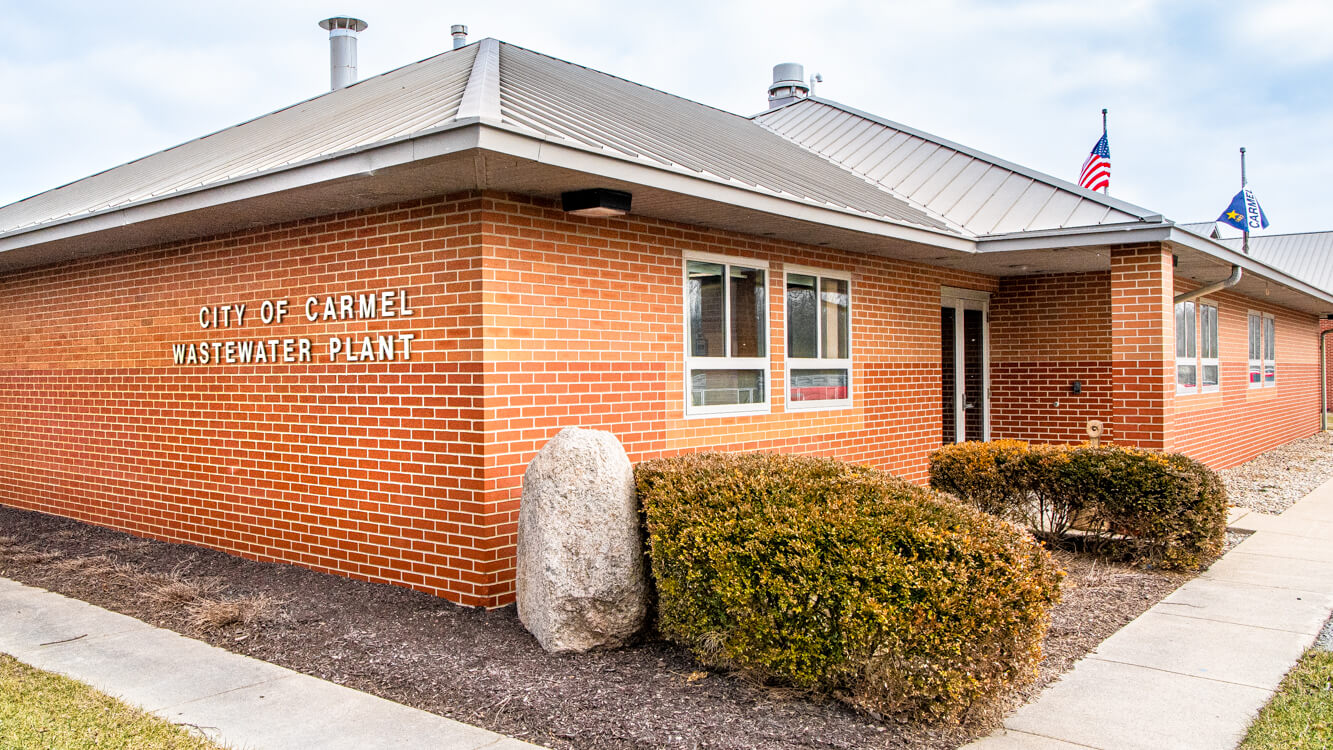Fat Free Sewer
How to Prevent Fats, Oils, and Greases from Damaging Your Home & the Environment
Fats, oils, and greases aren’t just bad for your arteries and your waistline; they’re bad for sewers too. Sewer overflows and backups can cause health hazards, damage home interiors, and threaten the environment. An increasingly common cause of overflows is sewer pipes blocked by grease. Grease gets into the sewer from household drains as well as from poorly maintained grease traps in restaurants and other businesses.
Where does the grease come from? Most of us know grease as the byproduct of cooking. Grease is found in such things as: meat fats, lard, cooking oil, shortening, butter and margarine, food scraps, baking goods, sauces, and dairy products.
Too often, grease is washed into the plumbing system, usually through the kitchen sink. Grease sticks to the insides of sewer pipes (both on your property and in the streets). Over time, the grease can build up and block the entire pipe.
Home garbage disposals do not keep grease out of the plumbing system. These units only shred solid material into smaller pieces and do not prevent grease from going down the drain.
Commercial additives, including detergents, that claim to dissolve grease may pass grease down the line and cause problems in other areas.
The results can be: raw sewage overflowing in your home or your neighbor’s home; an expensive and unpleasant cleanup that often must be paid for by you, the homeowner; raw sewage overflowing into parks, yards, and streets; potential contact with disease-causing organisms; and an increase in operation and maintenance costs for local sewer departments, which causes higher sewer bills for customers.
What we can do to help. The easiest way to solve the grease problem and help prevent overflows of raw sewage is to keep this material out of the sewer system in the first place.
There are several ways to do this.
- Never pour grease down sink drains or into toilets.
- Scrape grease and food scraps from trays, plates, pots, plans, utensils, and grills and cooking surfaces into a can or the trash for disposal (or recycling where available).
- Do not put grease down garbage disposals. Put baskets/strainers in sink drains to catch food scraps and other solids, and empty the drain baskets/strainers into the trash for disposal.
- Speak with your friends and neighbors about the problem of grease in the sewer system and how to keep it out. Call your local sewer system authority if you have any questions.
What Restaurant and Building Owners Need to Know About Grease Traps or Interceptors
Restaurants; large buildings, such as apartment complexes; and other commercial establishments may have grease traps or interceptors that keep grease out of the sewer system. For a grease trap or interceptor to work correctly, it must be properly (1) designed (sized and manufactured to handle the amount that is expected), (2) installed (level vented, etc.), and (3) maintained (cleaned and serviced on a frequent basis).
Solids should never be put into grease traps or interceptors. Routine, often daily, maintenance of grease traps and interceptors is needed to ensure that they properly reduce or prevent blockages.
Be cautious of chemicals and additives (including soaps and detergents) that claim to dissolve grease. Some of these additives simply pass grease down pipes where it can clog the sewer lines in another area.

